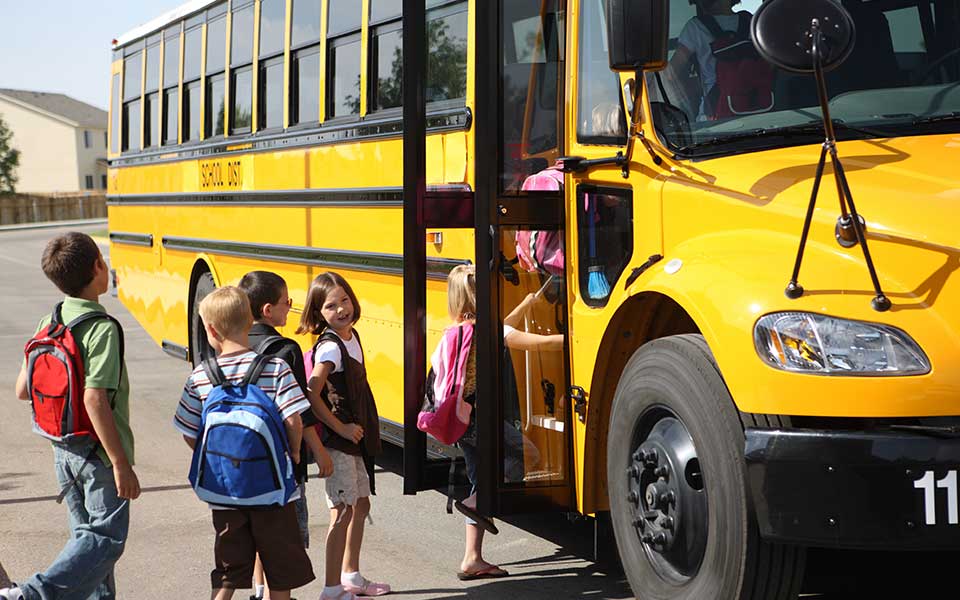Back to School Transition Strategies
Returning to school is right around the corner! As your family soaks up the last few weeks of summer, consider these strategies provided by local psychologist, Dr. Rachel A. Bowman, to help your child transition back into the school routine.
5 strategies by Dr. Rachel A. Bowman, Ph.D., Licensed Psychologist, Dogwood Psychology Hillsborough, NC
- If your child has been staying up late and sleeping in, you’ll want to slowly transition them back to their sleeping schedule for school. About 2 weeks before the first day of school, gradually make their bedtime 15 minutes earlier every 3 days and their wake-up time 15 minutes earlier every 3 days until you reach the desired bedtime by the first day of school.
- Children with autism or anxiety often require a bit more preparation than the large group orientation to feel comfortable about starting a new school or with a new teacher. In the weeks before school starts, take your child on drives by the school, walk around the outside of the building, play on the playground, and walk through the hallways. Request a private meeting with your child’s new teacher so that he/she can become acquainted with your child. Make sure that you let the school know about your child’s special needs (e.g., autism, ADHD, anxiety) when you ask for permission for this special visit. Ask if your child can visit the classroom, see their desk, their cubby or locker, and visit the gym and cafeteria. For children with more complicated needs, parents can create an “All About Me” book about their child’s likes/dislikes and strategies that are effective for their child.
- For children with ADHD, it is vital that an effective home-school communication system be established with your child’s teacher. Often, these children have difficulty recording and keeping up with homework and other assignments. One suggestion would be to request that the teacher review and sign-off on your child’s assignments written in their planner. Electronic calendars and other organizers can also be used to keep track of assignments, test dates, and due dates for long-term projects. Request that you and your child’s teacher check in on a weekly or bi-weekly basis to catch problems with poor grades or missing assignments well before report cards are sent out.
- To ease your child’s transition back to academic work and homework, introduce 15-30 minutes of reading, math, or other activities into the daily schedule. Allow your child to choose books in areas of their interest, write about topics they enjoy, or create math problems about Pokémon or other favorite interests.
- Most importantly, stay calm and exude positive confidence. Children often pick up on their parents’ anxiety, so make sure that you appear positive and upbeat about starting a new school year.
If you are looking for more strategies, tips, and resources for heading back to school, please attend our Back in the Swing – Parent Education Series on Saturday, September 10th from 9:00-11:30 at Emerge-A Child’s Place. Registration is now open! Call our front desk to sign up – 919-928-0204 or email us at info@emerge-ch.com.

